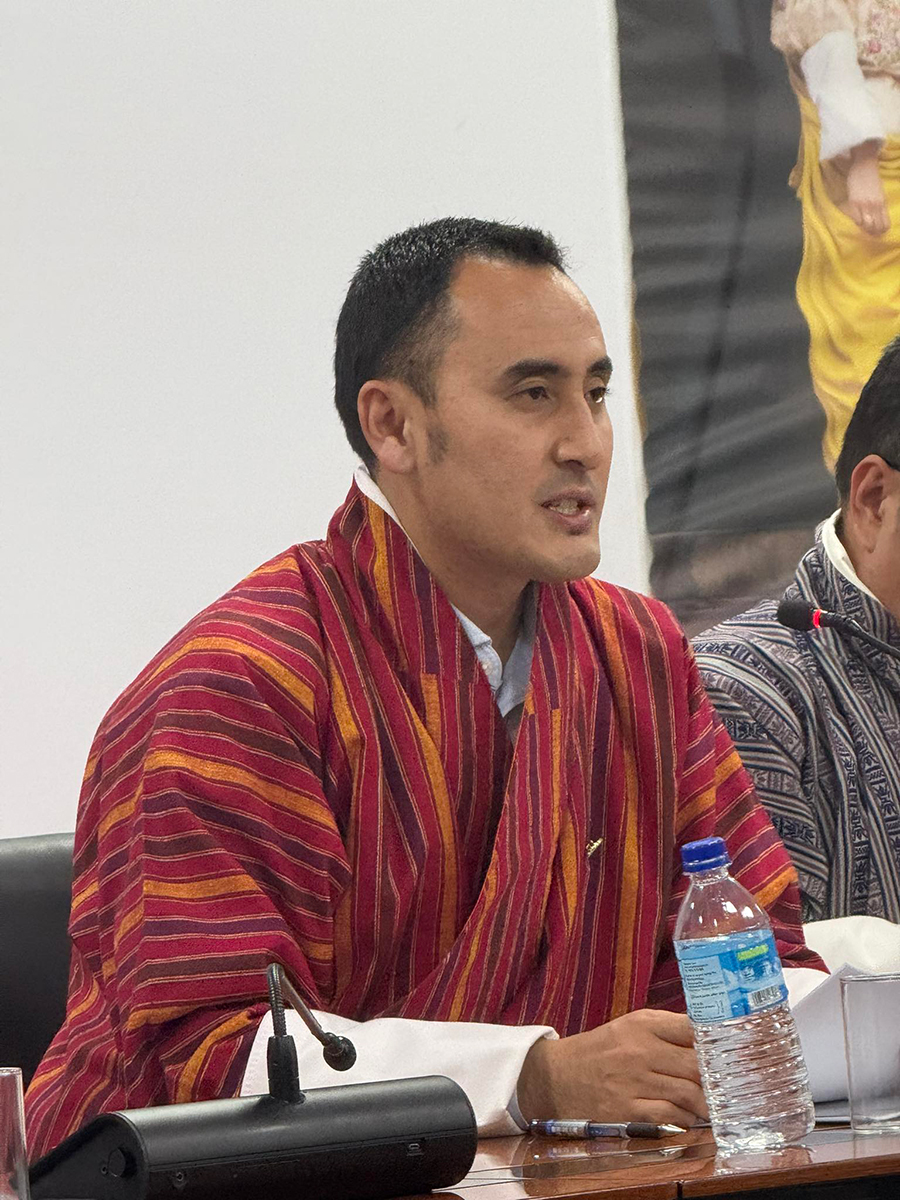 The industry, commerce and employment minister says the International Labour Organisation (ILO) ranking Bhutan among the countries with the highest average working hours globally in 2024 is not alarming. He said this during the Meet the Press session today, clarifying that most employees in Bhutan work an average of 48 hours a week, which is in line with the ILO’s standards.
The industry, commerce and employment minister says the International Labour Organisation (ILO) ranking Bhutan among the countries with the highest average working hours globally in 2024 is not alarming. He said this during the Meet the Press session today, clarifying that most employees in Bhutan work an average of 48 hours a week, which is in line with the ILO’s standards.
According to the ILO report, Bhutan recorded an average of 54.4 working hours per week, with 61 per cent of workers putting in 49 hours or more.
However, this data was based on Bhutan’s 2022 Labour Force Survey, while other countries’ data ranged from 2019 to 2023. This, the media said, raises questions about the validity of direct comparisons.
The minister clarified that the ministry has not directly engaged with the ILO to question the methodology.
He explained that international rankings can be misleading due to different economic situations and sectoral contexts.
“If we look at last year’s Labour Force Survey, we just have 43 per cent. I think we have to rely on our data. It is well within the benchmark. Under Bhutan’s Labour and Employment Act 2007, the legal limit is set at 60 hours per week: 48 working hours per week, with an additional 12 hours of overtime. Moreover, the ceiling and work hours under the Labour and Employment Act are as per ILO’s standards,” said Namgyal Dorji, Industry, Commerce and Employment Minister.
The minister also highlighted that Bhutan has been just participating as an observer member of the ILO and is not a full member yet.
“Until last year, we have been participating in meetings and discussions as an observer. They usually send a list of questionnaires before releasing such reports, and we used to respond to them. However, when it comes to the latest report, we did not receive any questionnaires, and there is a gap.”
He added that there has been a communication gap between Bhutan and the ILO, especially after the pandemic.
However, he said that the ministry is studying wages and working hours and is also considering revising the minimum wage rate.
Devika Pradhan
Edited by Kipchu








